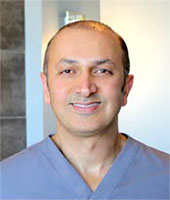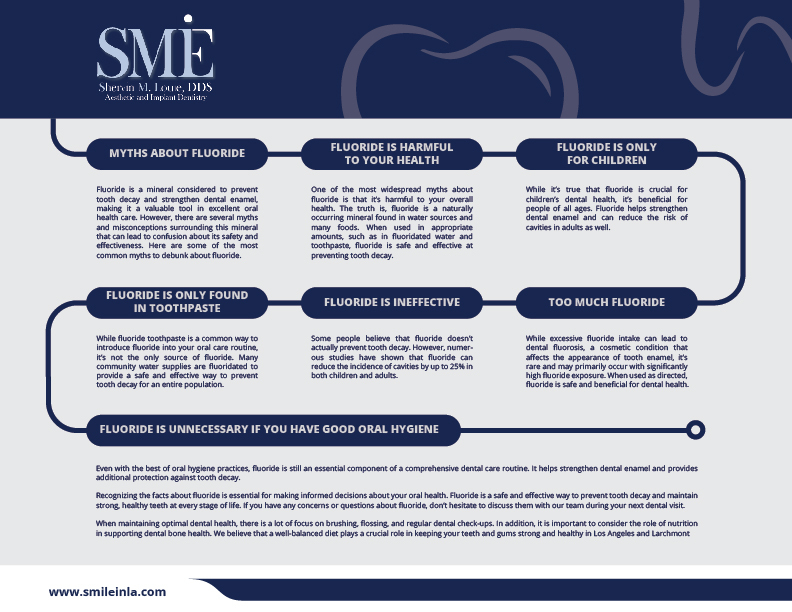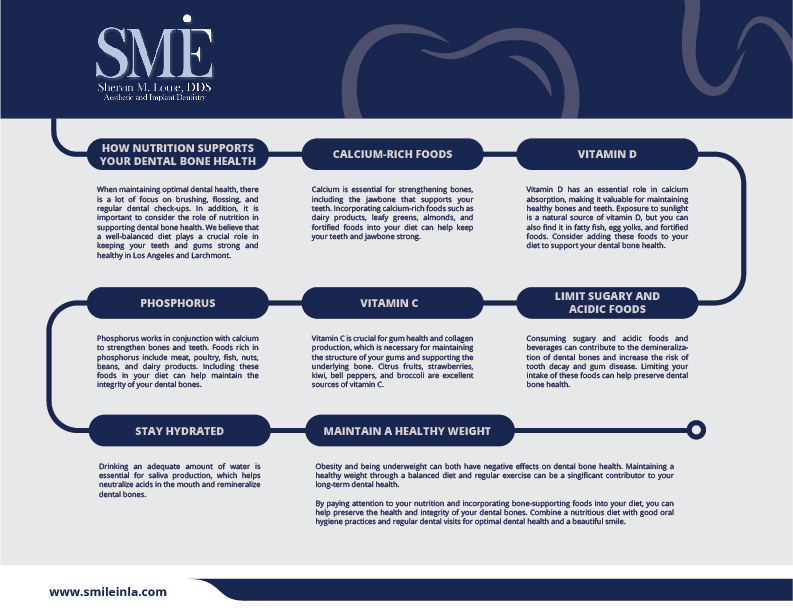Tooth loss is a common dental concern that can have significant implications for your oral health and overall well-being. While certain factors, such as genetics and aging, can increase the risk of tooth loss, many cases are preventable with proper oral hygiene and regular dental care. At Shervin Louie, DDS, we believe in empowering our patients in Los Angeles and Larchmont to take proactive steps to preserve their natural teeth for a lifetime.
Maintain Good Oral Hygiene:
Regular brushing and flossing twice per day can help reduce the risk of tooth loss. Proper oral hygiene helps remove plaque and bacteria from the teeth and gums, reducing the risk of gum disease and tooth decay, which are leading causes of tooth loss.
Schedule Consistent Dental Check-Ups
Routine dental visits are crucial for detecting and addressing oral health issues early, before they progress to the point of tooth loss. During your check-ups, our dentist will assess the health of your teeth and gums, perform professional cleanings, and provide personalized recommendations for maintaining optimal oral health.
Address Dental Issues Promptly
If you experience dental problems such as tooth decay, gum disease, or dental trauma, it’s essential to seek prompt treatment from a qualified dentist. Ignoring these issues can lead to further damage and eventual tooth loss.
Practice Healthy Lifestyle Habits
Lifestyle habits, including smoking and poor dietary choices, can increase the risk of tooth loss. Quitting smoking, eating a balanced diet rich in fruits and vegetables, and limiting sugary snacks and beverages can help protect your teeth and gums from damage.
Protect Your Teeth from Injury
Accidents and injuries can result in tooth loss, which makes it important to take precautions to protect your teeth during sports and other activities. Wear a mouthguard when participating in contact sports, and avoid using your teeth as tools for opening bottles or tearing packages.
Dental Implants
If tooth loss has already occurred, dental implants offer a reliable and long-lasting solution for replacing missing teeth. Implants look, feel, and function like natural teeth, providing stability and preventing bone loss in the jaw.
While some risk factors for tooth loss may be beyond your control, adopting a proactive approach to oral health can significantly reduce your risk and help preserve your natural teeth for a lifetime. By prioritizing good oral hygiene, attending regular dental check-ups, and addressing dental issues promptly, you can enjoy a healthy and beautiful smile for years to come. If you have concerns about tooth loss or would like to learn more about preventive measures, schedule a consultation with our Los Angeles dentist today!


